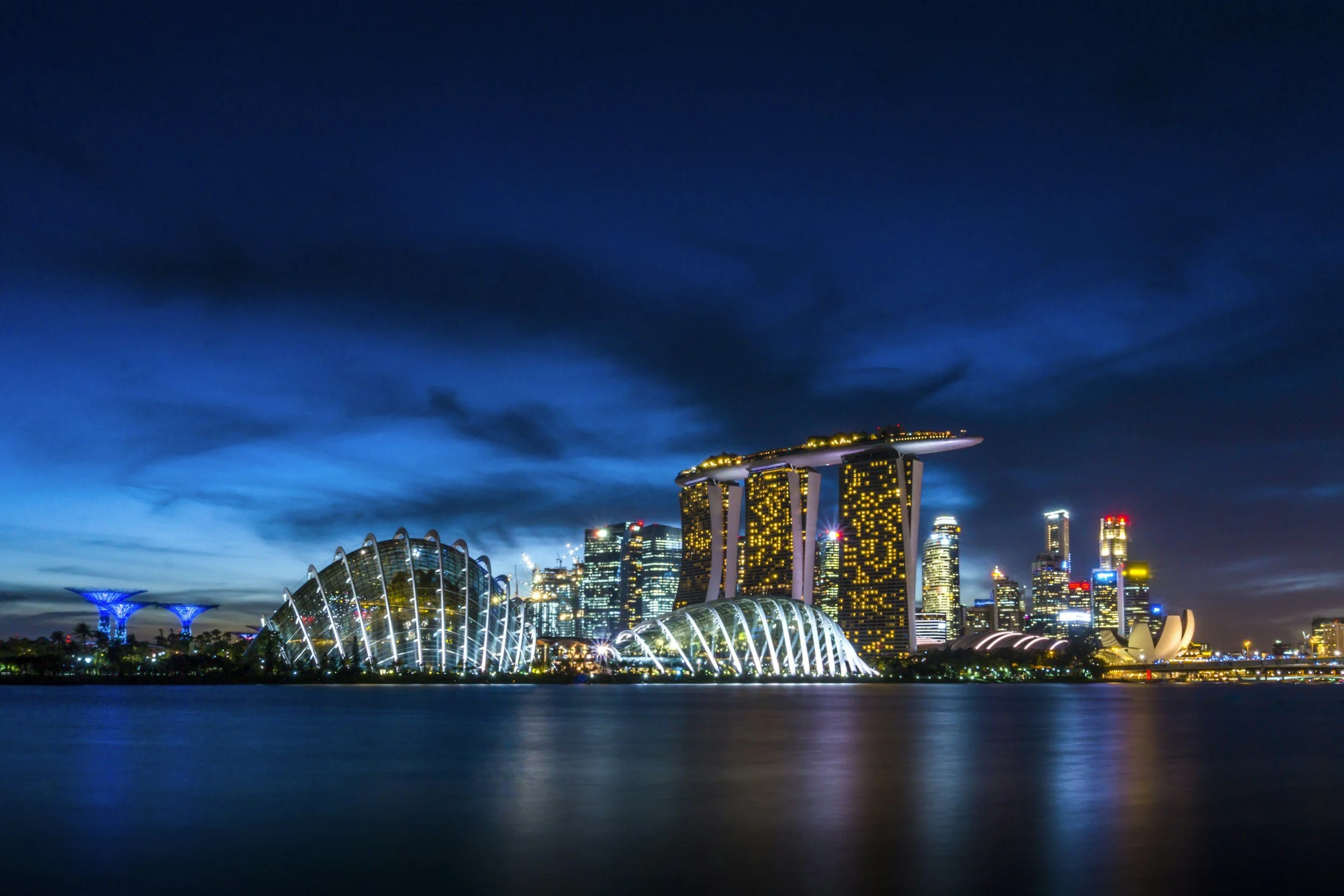
The Global Lawyer Series
Singapore
In the first week of the 2025 Global Lawyer Series, we explored all things Singapore. We explored how its legal system operates and answered your burning questions along the way. Our goal was to provide clear, practical insights to help you better understand Singapore’s unique legal landscape.
If there’s anything more you’d like us to cover, please don’t hesitate to reach out.
-
Australia’s constitution has a balance of power that is divided between the federal and state governments. On the other hand, Singapore’s constitution has a unified state government operating under a centralized system.
Singapore prioritises socioeconomical stability and harmony, so they have stricter and punitive laws against minor offences, while Australia would have a more lenient approach.
To uphold the country’s stability and harmony, Singapore’s legal system would interfere with socioeconomic affairs which are in tandem with Australia’s values of freedom and individual rights.
-
THEFT
Penalties for theft in Singapore range from 3 years imprisonment for minor offences, up to 10 years imprisonment according to the 1871 Penal Code of Singapore.MURDER
The punishment for murder intentionally is the capital punishment; Death.
The death penalty, however, will not be applied if the accused did not have intent to kill or altered state of mind, under 18, or is a pregnant woman. In that case, the punishment is life imprisonment.DRUGS
The Death Penalty is applied for trafficking >250g of an illicit drug.
Drug possession is punishable by a fine of up to $20,000 SGD and/or 10 years imprisonment under the Misuse of Drugs Act (MDA). Possessing meth has a punishment of up to 30 years imprisonment and 15 cane strokes. -
Victoria Ting
A Lawyer, Deputy Public Prosecutor, Deputy Senior State Counsel, G7’s Financial Action Task Force Delegate and Associate director at Setia Law LLC; Victoria Ting is the definition of Legal Success.
Steps of successFirst-Class law degree from the University of Cambridge and an LL.M. from Columbia Law School
Walter Gellhorn Prize for top academic performance
Joined the Attorney-General’s Chambers as a Deputy Public Prosecutor (Financial and Technology Crime Division)
Represented Singapore at the Financial Action Task Force (FATF) G7 meetings on global anti-money laundering standards
Moved to Setia Law LLC as Associate Director
Named in GIR’s “40 Under 40” list for global excellence in investigations
Featured in Legal 500, Associate to Watch and Chambers Asia-Pacific for anti-corruption and investigations
-
PATHWAY 1
Be a Singapore citizen or permanent resident, and a “qualified person” in the top 70% of the graduating cohort from an approved university (Monash University is approved)
Pass the Part A and B Bar Examinations
Complete a 12 month practice training period with a Singapore law firm.
General admission to the Singapore Bar
PATHWAY 2
The Foreign Practitioner Examinations (FPE) are available to qualified lawyers with more than three years of relevant legal experience.
This will allow the lawyer to practice in permitted commercial law areas but not in litigation and other non-commercial fields.
For more information, visit
www.sile.edu.sg or communicate with the Singapore Bar.
